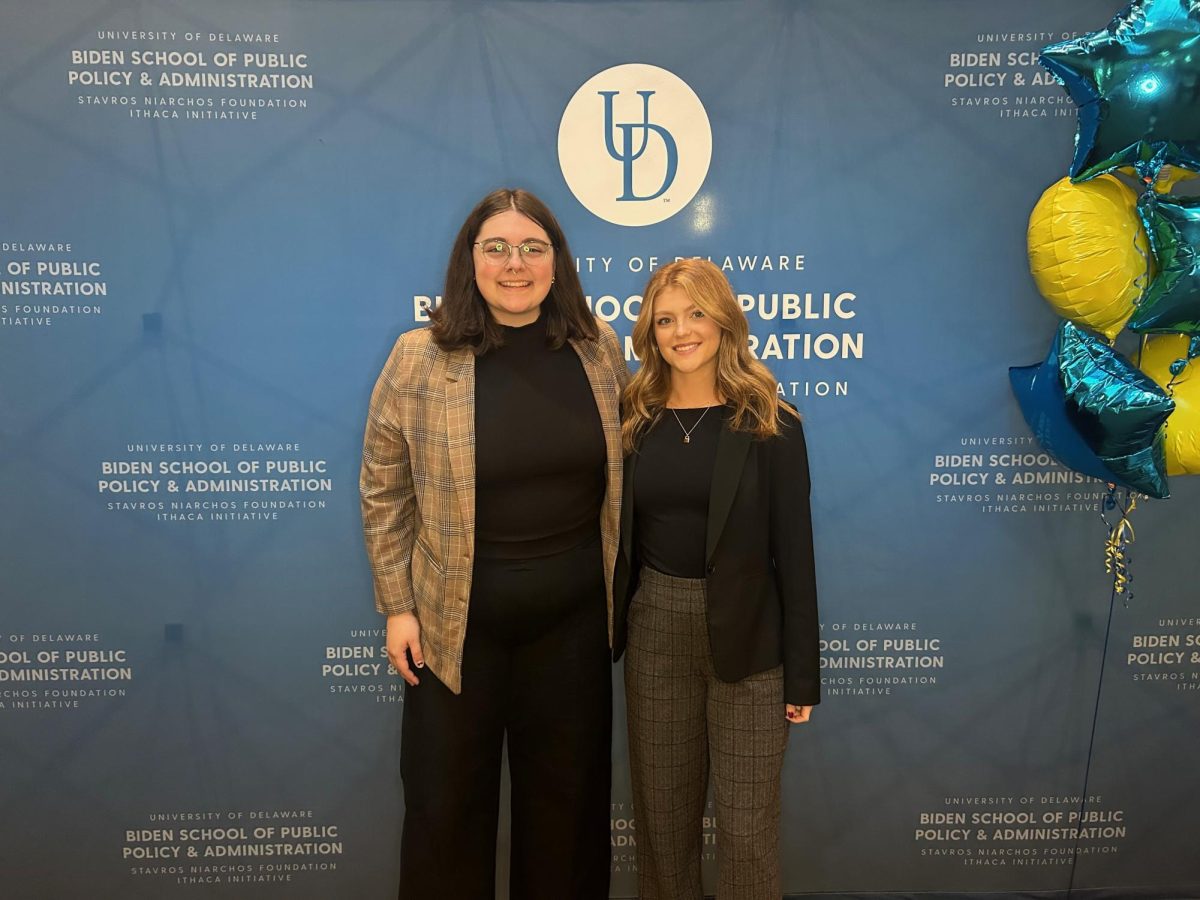Last year, Wake Forest University began admitting students ‘holistically,’ meaning standardized tests became optional and admission interviews were more common and more intense.
But Scott Highhouse, a professor in industrial organization psychology at the University, thinks basing admissions off non-standarized material is a bad idea.
‘People are overconfident in their ability to predict someone’s success,’ he said.
In a conference at Wake Forest (in Winston-Salem, N.C.) to discuss ideas for admitting students, Highhouse cautioned against using a holistic approach.
Highhouse said there are years of scientific research to back up people’s inability to predict how a person will react in certain situations. Psychologists have tried to predict how patients will adapt to society for a while now, and the process is still imperfect.
‘Those predictions are no better than taking a person’s file and putting it on a kitchen scale,’ he said, explaining no matter how detailed someone’s file is, there’s still no accurate method for predicting a person’s success.
Highhouse acknowledged the flaws in standardized testing, but said he reckoned that system is better than personality interviews or tests, because tests like the ACT and SAT are the hardest to fake.
‘There’s a big coaching industry out there,’ he said. ‘It would be pretty easy to coach people to fake their way through [admission interviews].’
Paul Gauthier, the associate admissions director at Wake Forest, said he believes standardized tests were a barrier to some students.
‘It’s easier to fall back on standardized test scores,’ he said. ‘We think we have the ability to individualize this process.’
Wake Forest is not the first school to start admitting students holistically, but Gauthier admitted they were probably the first national top-30 school to do so.
After the first year of holistic admissions, Gauthier said they would evaluate the first year students’ GPAs to determine how well the new system works.
Regardless of how well it may work for Wake Forest, though, Highhouse doesn’t think the process would work for the University.
‘Wake Forest is a lot more selective,’ he said. ‘It would not affect BGSU. [There are] pretty open admissions here anyway.’
Mike Gillespie, an assistant professor of education at the University, also isn’t sure if admitting students holistically will ultimately work for any school.
Gillespie works with assessment research and statistics, and does research on measuring students’ success.
He said in order to more accurately gauge how successful students are or could be at a university, the definition of student success needs to be looked at and probably changed.
‘The challenge is, when they leave, we’re done with them and all we have is whether they graduated and what their grades were,’ Gillespie said. ‘I hardly think these are the best criteria for identifying what students got out of college.’
He isn’t sure whether the holistic process will become popular, but he knows the definition of success needs to change.
‘We need to do a better job identifying what student success is before we do anything else,’ he said. ‘That’s one of the good things I hoped would come out of this movement.’













